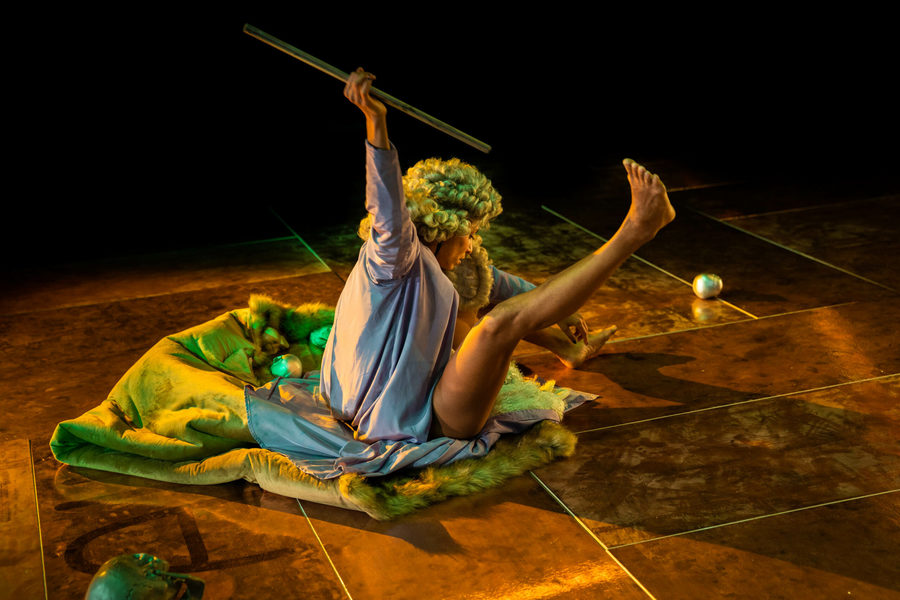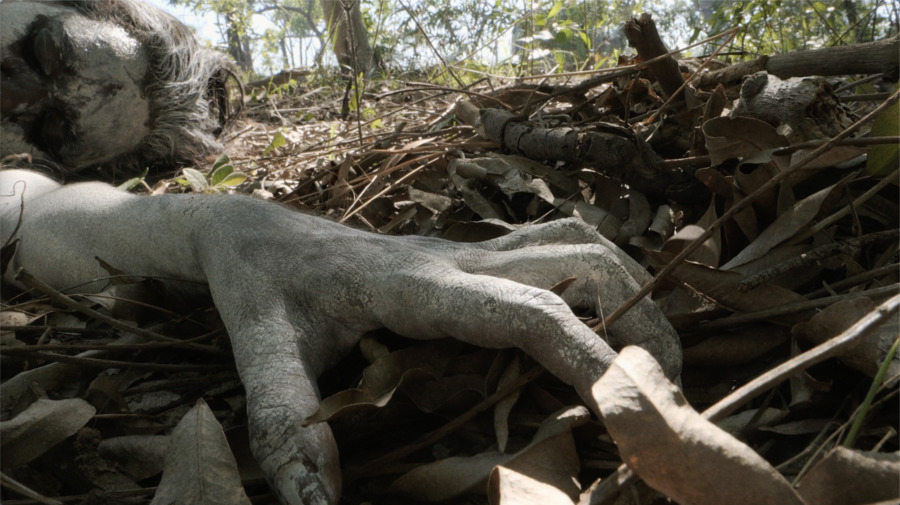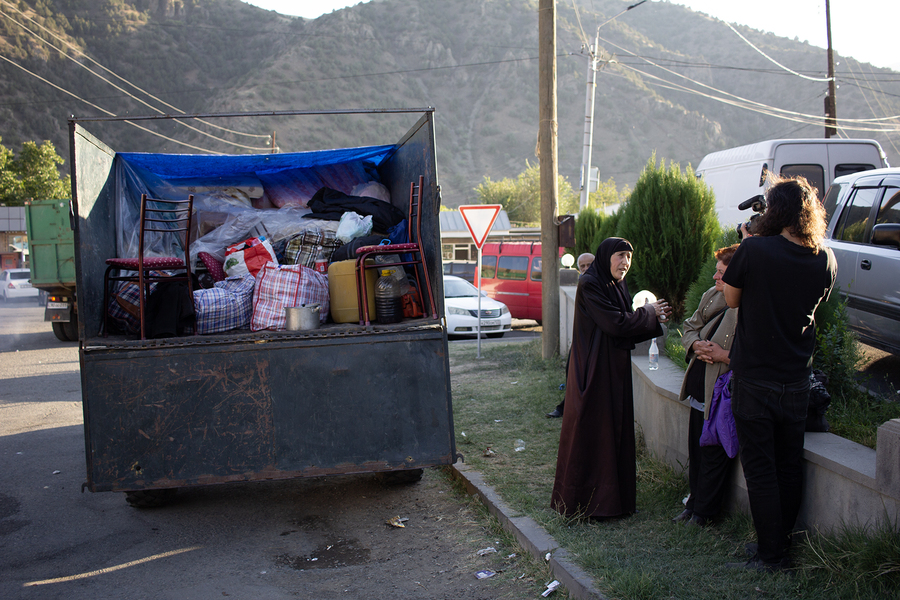World Building: Arika Episode 11 preview
Ahead of its 2024 edition, Arika’s Barry Esson discusses its Episode 11 programme, heading to Tramway under the banner To End The World As We Know It
Following on from 2019’s Episode 10: A Means Without End, Arika return over five days at Tramway in Glasgow’s Southside, with a programme of film, performance, music, discussion and study groups that addresses the biggest concerns of our age – trying to understand ‘how we might exist otherwise, right here and now.’ For Episode 11: To End the World As We Know It, Arika have created a special music programme in collaboration with UK experimental music festival Counterflows, which will feature artists including Chuquimamani-Condori, Rashad Becker and Sunik Kim. As the festival approaches, we talk to Barry Esson, Arika’s co-director, about some of the exciting things happening this year.
On the first day of the festival, Ayreen Anastas and Rene Gabri will present a project titled FOR EVER GAZA, a film-performance that straddles fiction, essay and documentary. The duo are deeply involved in radical left wing politics: Esson explains that they were part of 16 Beaver, which was "central to how artists engaged with Occupy Wall Street," while their AND AND AND project at Documenta was "basically a months-long open residency for anarchist, marxist, decolonial world-building within the heart of the European art establishment." Anastas and Gabri are also organising an open assembly on the final day of the festival titled Toward Nakba as a Planetary Process, which responds to the current situation in Palestine and relates it to global ongoing oppressions. This assembly will bring together key allies from across their networks of artists, philosophers and organisers, for a conversation in the face of one of our great adversaries – the forces of colonial, imperial, genocidal denial.
On Thursday 14 November, Ligia Lewis will present a performance titled A Plot, A Scandal. Lewis uses choreography as a practice of study and critique and in this performance she blows open the meanings of the word ‘plot’ – as land, scheme and/or narrative. ‘‘I really love Ligia’s work," Esson says. "It's such a deep practice of choreography as critique. I've spent a lot of time chatting with her, and it always feels almost endless, the degree to which critical political philosophical concerns inform every aspect of her work, from the movement language, to the themes addressed, to the frame within which it is received (predominantly a European, white gaze)."
On 15 November, Hussein Mitha has organised a workshop for young people (and anyone who works in youth education) where participants will be asked to think about and practice critical tools to fight alongside the Palestinian people in their struggle for liberation. The workshop will take as its starting point from Intifada, Revolution! An anti-imperialist resource for young people edited by Mitha, featuring poetry, essays, questions, prompts, letters and artworks. It explores what anti-imperialist resistance looks like for young people in the imperial metropole, and asks how young people can respond to the calls of the Palestinian resistance.
The following day, Karrabing Film Collective will present a series of films titled The Ancestral Present. The collective are regularly cited as one of the most globally influential Indigenous art practictioners of the last decade. Karrabing consists of over 50 members, all but one Indigenous stakeholders for their land around Anson Bay, north of Darwin, Australia. This is a chance to see films by the collective and to talk about them in person with some of their members, four of whom are travelling from Darwin to attend the festival in Glasgow. Esson says that while they’re in Scotland, "Karrabing will be visiting ATLAS Arts in Skye, as part of their School of Plural Futures, and engaging with a bunch of folks up there, specifically thinking about land as relational and connected to political struggle." A conversational event taking place alongside the screenings will aim to show how they attend to the memory and practice of the ancestral present and the ancestral catastrophe that Karrabing and their more-than-human world find themselves facing.
The final day of the festival sees the convening of Toward Nakba as a Planetary Process, with speakers Avery F. Gordon, Houria Boutelja, Ayreen Anastas, Rene Gabri, Françoise Vergès, Amirah Silmi and many others. Meanwhile, a collaborative project by Scotland-based Nat Raha and Ailie Ormston titled aquasomatics will bring together thinking around the history of racial capitalism, bodies of water and violent histories of expropriation and ecocide.
Arika, Episode 11: To End The World As We Know It, Tramway, Glasgow, 13-17 Nov, various times
arika.org.uk


